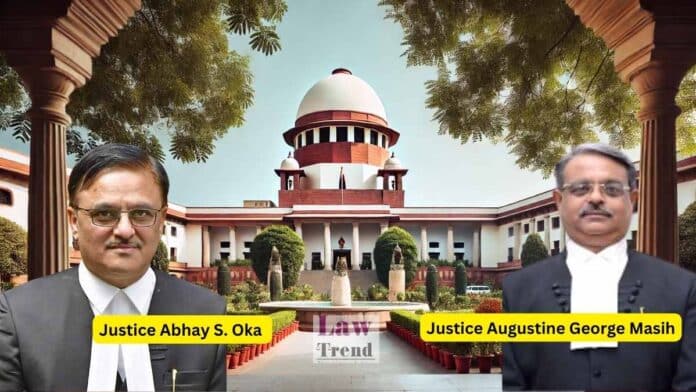In a significant ruling on the interplay between the Prevention of Money Laundering Act (PMLA) and the Code of Criminal Procedure (CrPC), the Supreme Court upheld a prior High Court decision requiring sanction under Section 197 of the CrPC before cognizance could be taken against public servants in money laundering cases. The judgment in Directorate
To Read More Please Subscribe to VIP Membership for Unlimited Access to All the Articles, Download Available Copies of Judgments/Order, Acess to Central/State Bare Acts, Advertisement Free Content, Access to More than 4000 Legal Drafts( Readymade Editable Formats of Suits, Petitions, Writs, Legal Notices, Divorce Petitions, 138 Notices, Bail Applications etc.) in Hindi and English.




